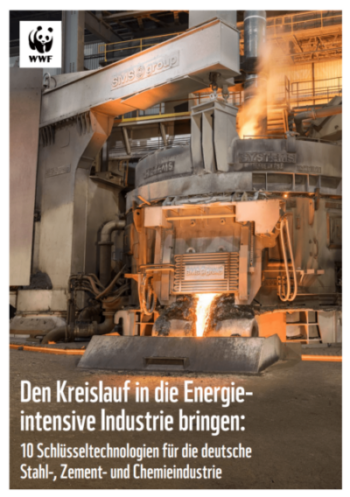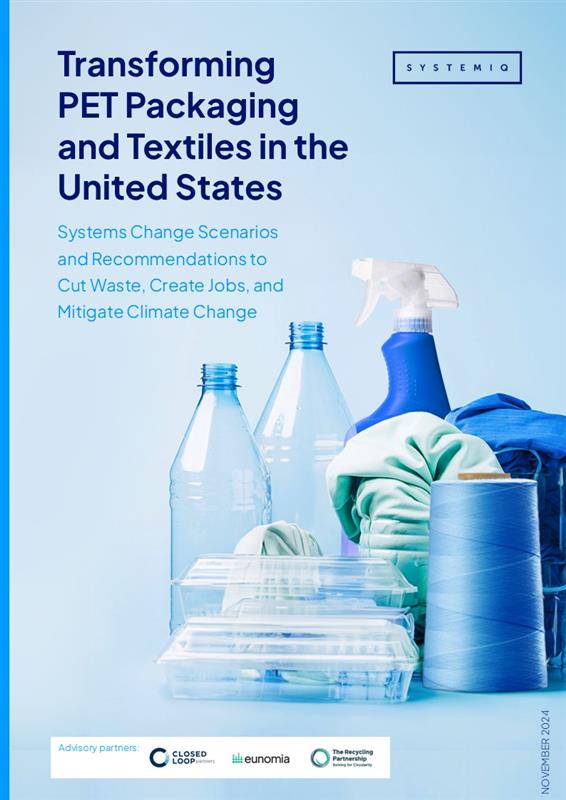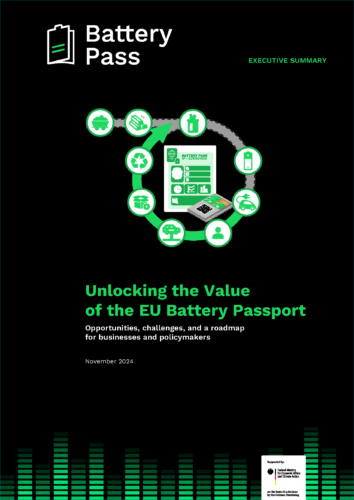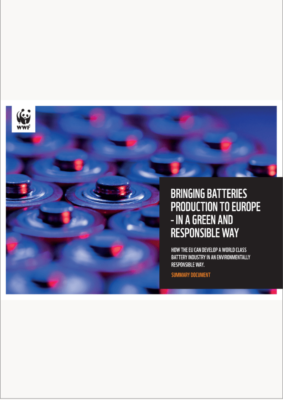Ten key technologies for Germany’s steel, cement, and chemical sectors.
Commissioned by WWF Germany, this Systemiq-led study explores how circular economy technologies can significantly reduce the cost of achieving climate neutrality in the basic materials industry. Focusing on 10 high-potential, market-ready solutions, the report assesses their carbon and material savings potential, economic viability, and scalability across energy-intensive sectors such as steel, cement, and chemicals.
The analysis demonstrates that greater circularity – through approaches like modular construction, advanced recycling, digital tracking, and digital twins – not only reduces GHG emissions and raw material use, but also enhances supply chain resilience, decreases dependency on energy imports, and lowers long-term costs for companies. The report also outlines the policy shifts needed to unlock these benefits, including targeted technology support, carbon pricing reforms, and circularity-aligned public procurement.




